Welche Technologien müssen entwickelt werden, um erneuerbare Energien in ein nachhaltiges und stabiles Energiesystem zu integrieren? Das war der Themenbereich des ersten Calls des neuen Förderprogramms SWEET. Die Eingabefrist lief am 12. Oktober 2020 ab. Es wurden 13 Projekte eingereicht, die Wege hin zu einem nachhaltigeren Energiesystem aufzeigen. Weiterlesen
Schlagwortarchiv für: Research
A tour d’horizon of India’s energy transition and the role of energy storage
India provides unprecedented opportunities to scale solar and wind power, making it one of the forerunners of a world heading towards a sustainable future. However, there is one basic challenge that India must face: the intermittency of renewables. The article by Peter Freudenstein, an energy and climate change policy analyst and a Mercator Fellow, suggests methods that India can adopt to solve its problem. Weiterlesen




 Noch keine Bewertungen
Noch keine BewertungenDie diesjährige Herbstsession ging letzten Freitag zu Ende. Ein Meilenstein wurde bei der Totalrevision des CO2-Gesetzes erreicht: Die Vorlage wurde bereinigt und in der Schlussabstimmung angenommen. Dies und die weiteren energiepolitischen Geschäfte der Herbstsession haben wir für Sie zusammengefasst. Weiterlesen




 Noch keine Bewertungen
Noch keine BewertungenIt’s time to ACT – innovators from industry and researchers are called to action!
Does your company wish to engage in research and development of CO2 Capture and Storage (CCS) or Carbon Capture, Utilization and Storage (CCUS) technologies?
Do you want to gear up, contribute to Switzerland’s climate-neutrality by 2050, and strengthen Switzerland’s role as a hub of innovation in low and negative emission technologies?
Do you want to undertake pilot and demonstration projects together with European, US-American and Indian partners, as well as innovators from the Canadian province of Alberta? Weiterlesen




 1 Vote(s), Durchschnitt: 5,00
1 Vote(s), Durchschnitt: 5,00Forschungsprogramm SWEET: Was die Wissenschaft zur Energiewende beitragen kann
Das Bundesamt für Energie (BFE) ist verantwortlich für die Umsetzung der Energiestrategie 2050, die den Ausbau der erneuerbaren Energien und die Steigerung der Energieeffizienz zum Ziel hat. Die Schweiz hat sich zudem verpflichtet, ihre Netto-Kohlenstoffemissionen bis 2050 auf Null zu reduzieren. Dies sind grosse Herausforderungen. Unser Energiesystem muss dafür umstrukturiert werden. Es soll künftig erneuerbar, digital, dezentralisiert und vernetzt sein. In diesem Prozess müssen wir auch dafür sorgen, dass die Versorgungssicherheit gewährleistet ist. Weiterlesen




 Noch keine Bewertungen
Noch keine BewertungenGestern veröffentlichte das BFE die erste Ausschreibung in der Geschichte des neuen Förderprogramms SWEET (SWiss Energy research for the Energy Transition). Es ist die erste einer Reihe von thematischen Ausschreibungen, welche die anstehenden Herausforderungen des kommenden Jahrzehnts im Energiebereich angehen sollen. Weiterlesen




 Noch keine Bewertungen
Noch keine BewertungenIndia is the second largest energy consumer in the world. Over the last five years, the country has made considerable progress towards achieving universal access to modern energy, including clean fuel for cooking and electricity, affordable and secure energy for its citizens. Weiterlesen




 Noch keine Bewertungen
Noch keine BewertungenEinen Monat nachdem der Bundesrat das Förderprogramm SWEET (SWiss Energy research for the Energy Transition) verabschiedet hat (vgl. Energeiaplus-Beitrag), wurde der erste Meilenstein erreicht: Die Konsultationsphase ist abgeschlossen. In einer ersten Ausschreibung forderte das Bundesamt für Energie (BFE) Inputs für mögliche Forschungsthemen an, dies unter dem Leitthema «Integration erneuerbarer Energien in ein nachhaltiges und resilientes Schweizer Energiesystem». Weiterlesen




 Noch keine Bewertungen
Noch keine BewertungenGeneral overview
China is both the world’s biggest clean energy investor and the world’s largest CO2 emitter. It is on track to becoming the world’s renewable energy superpower: China is the world’s largest producer, exporter and installer of solar panels, wind turbines, batteries and electric vehicles.
Even though renewable energy investments declined from $122 billion in 2017 to $86 billion in 2018, China still has by far the largest capacity. It also has a clear lead in terms of the underlying technology, with well over 150,000 renewable energy patents as of 2016, 29% of the global total. The next closest country is the U.S., which had a little over 100,000 patents, with Japan and the E.U. having close to 75,000 patents each.
The share of non-fossil fuels in China’s total electricity mix is on course to hit 32-34% in 2020. With increasing demand, China added about 40 GW of solar and 40 GW of coal in 2019. There is a lot of room for renewable energy, since coal’s share in China’s primary energy mix was still 58% in 2018 and electricity demand keeps growing. Weiterlesen




 4 Vote(s), Durchschnitt: 4,75
4 Vote(s), Durchschnitt: 4,75In der Vergangenheit war alles ganz einfach: Zentrale Grosskraftwerke speisten ihre Energie ins Übertragungsnetz ein, welches die Energie über kürzere oder längere Entfernungen weiter transportierte. Wo man sie benötigt hat, wurde sie transformiert und über das Verteilnetz den Konsumentinnen und Konsumenten zur Verfügung gestellt. Darauf waren die Netze und die Prozesse, um diese Abläufe zu planen und sicher und zuverlässig zu betreiben, ausgelegt. Weiterlesen




 Noch keine Bewertungen
Noch keine BewertungenKontakt
Bundesamt für Energie
Pulverstrasse 13
3063 Ittigen
Postadresse:
Bundesamt für Energie
3003 Bern
Telefonnummern:
Hauszentrale +41 58 462 56 11
Pressestelle +41 58 460 81 52
Newsletter
Sitemap
 Medienmitteilungen des BFE
Medienmitteilungen des BFE
- Ein Fehler ist aufgetreten – der Feed funktioniert zurzeit nicht. Versuchen Sie es später noch einmal.
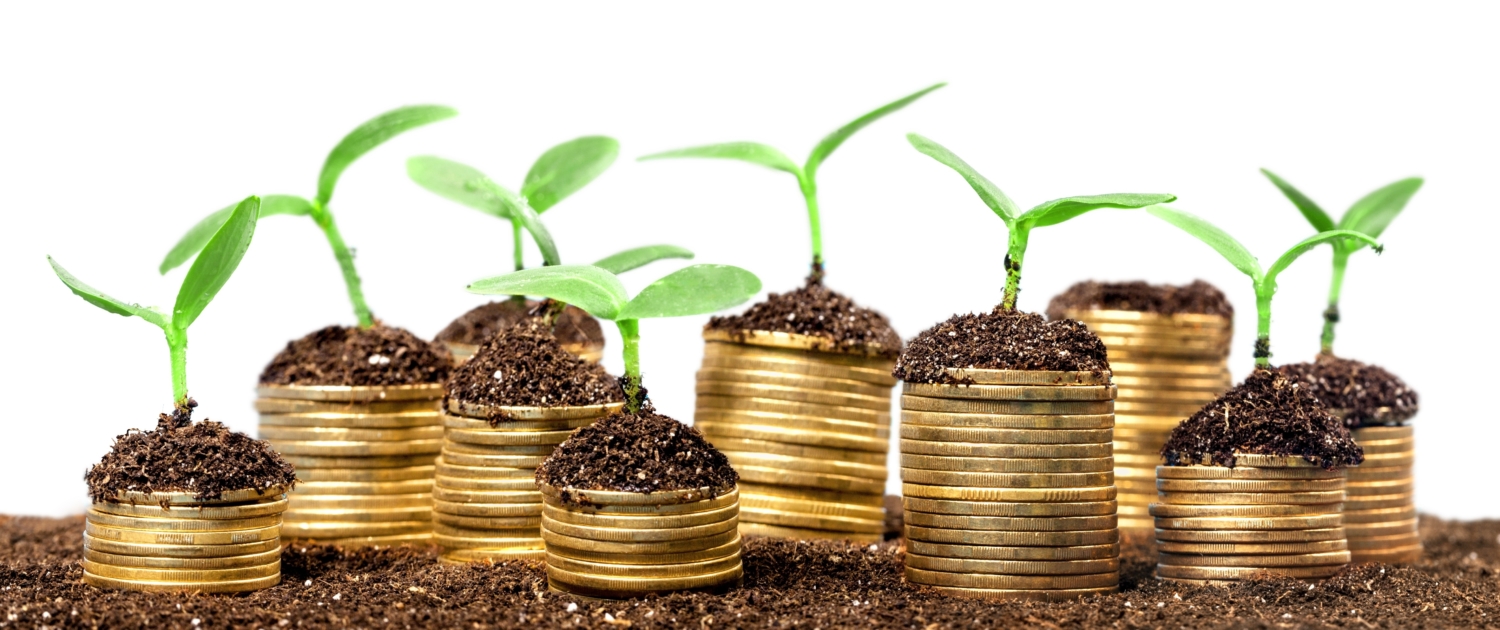 shutterstock
shutterstock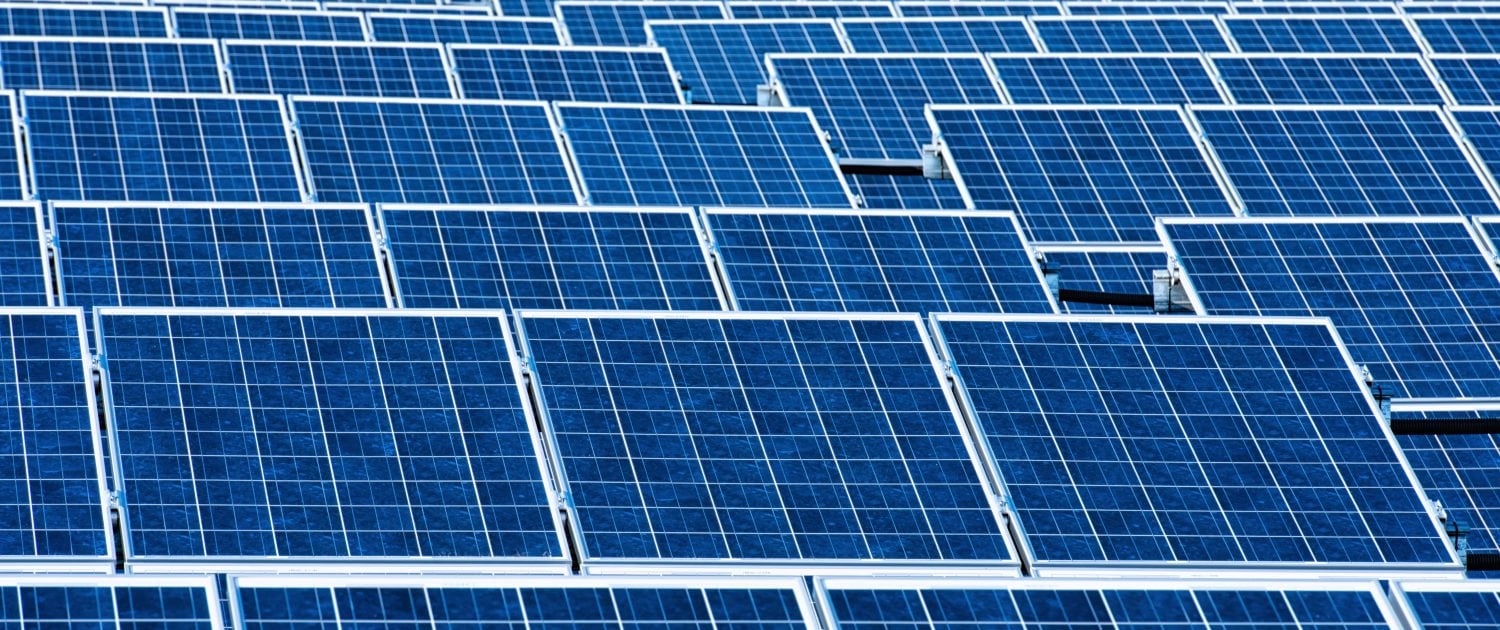 Shutterstock
Shutterstock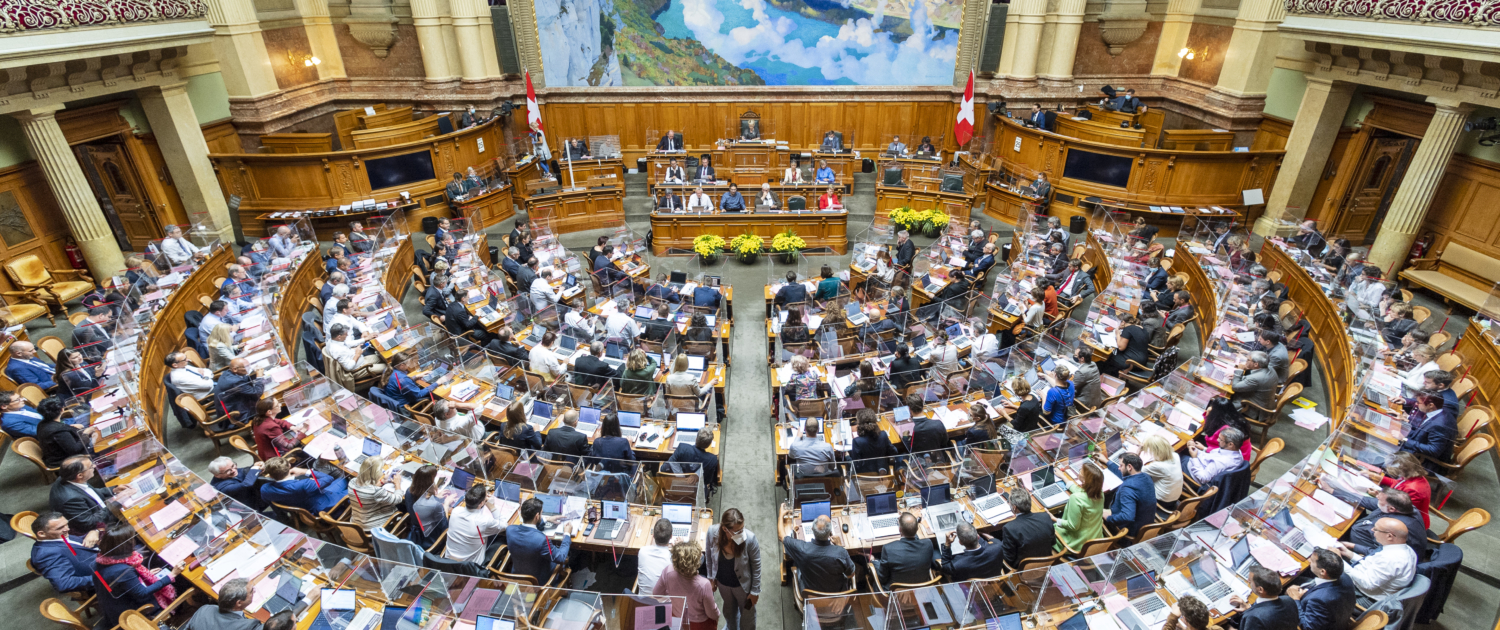 ©Béatrice Devènes
©Béatrice Devènes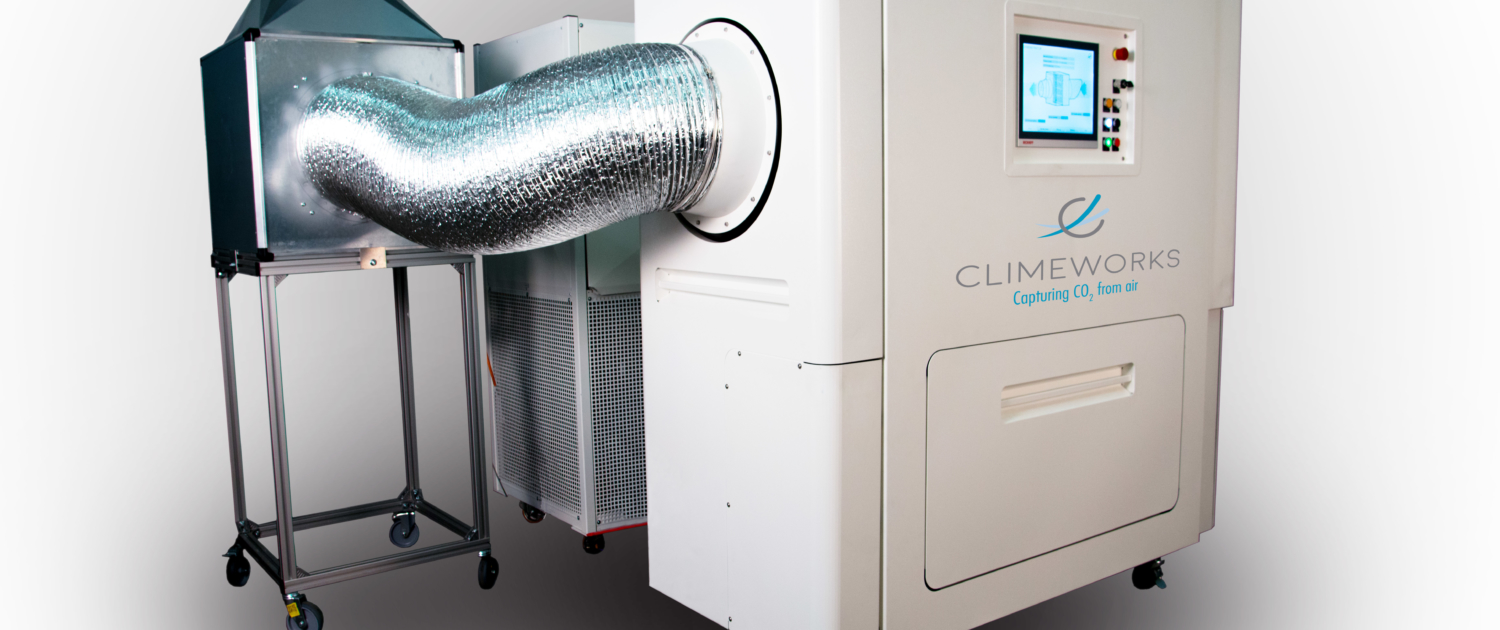 climeworks AG
climeworks AG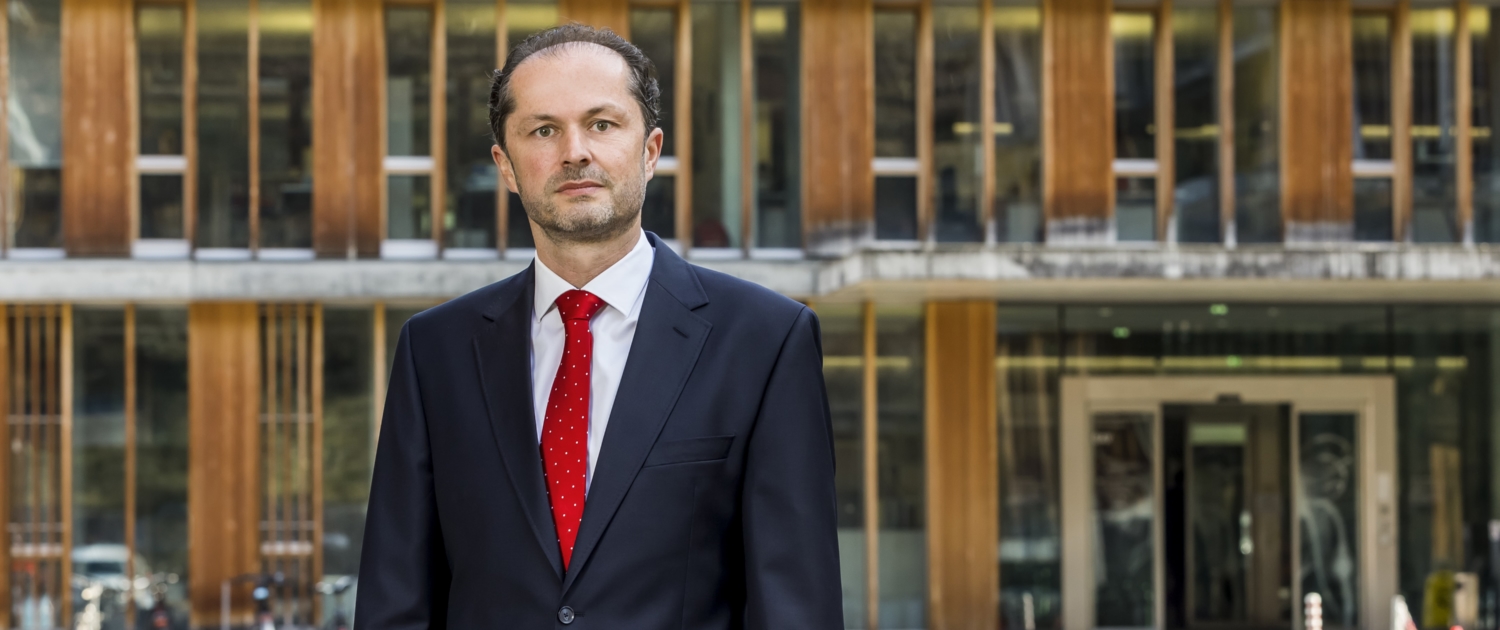 Thomas Hodel
Thomas Hodel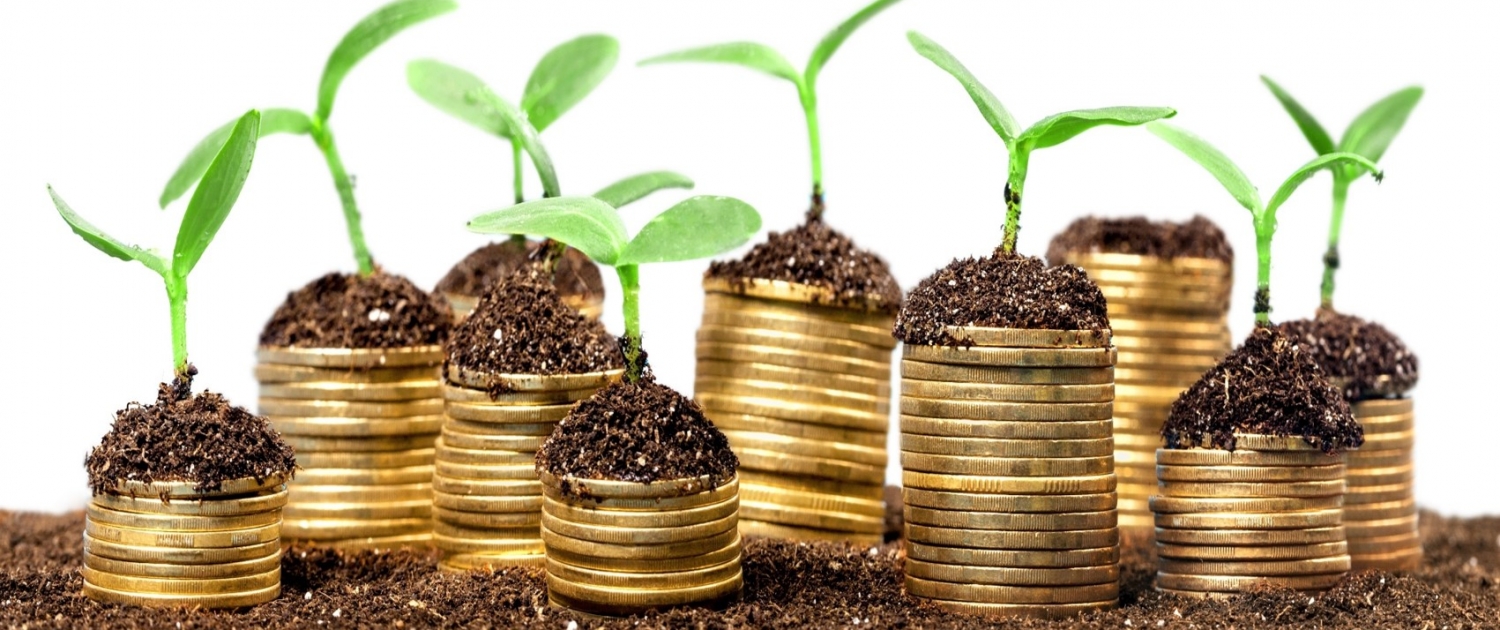 Shutterstock
Shutterstock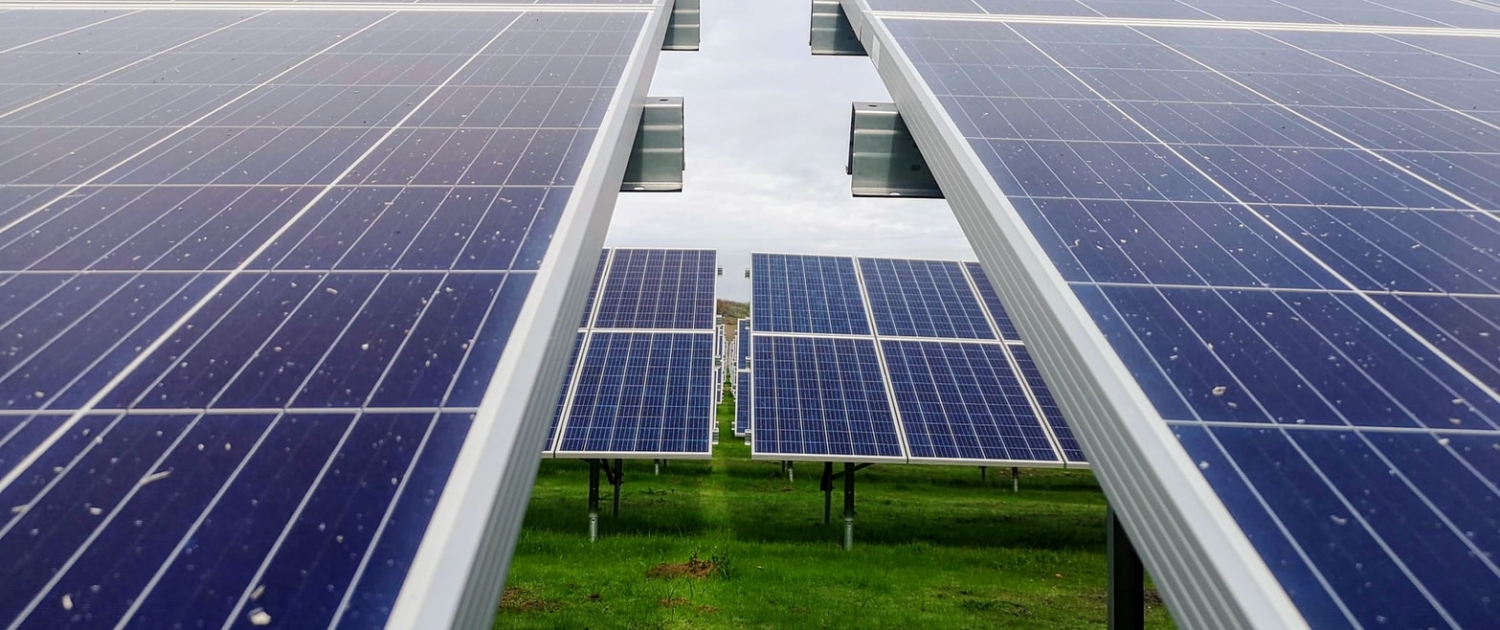 Mariana Proença / Unsplash
Mariana Proença / Unsplash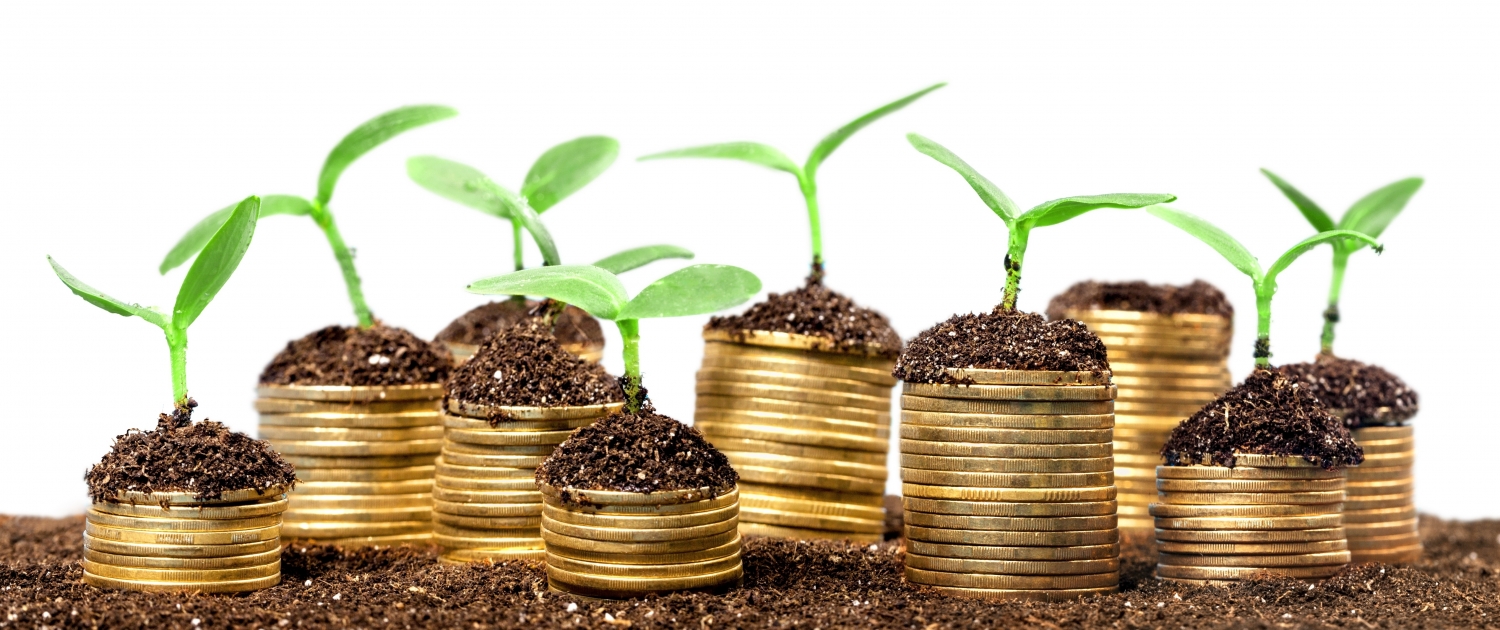 Shutterstock
Shutterstock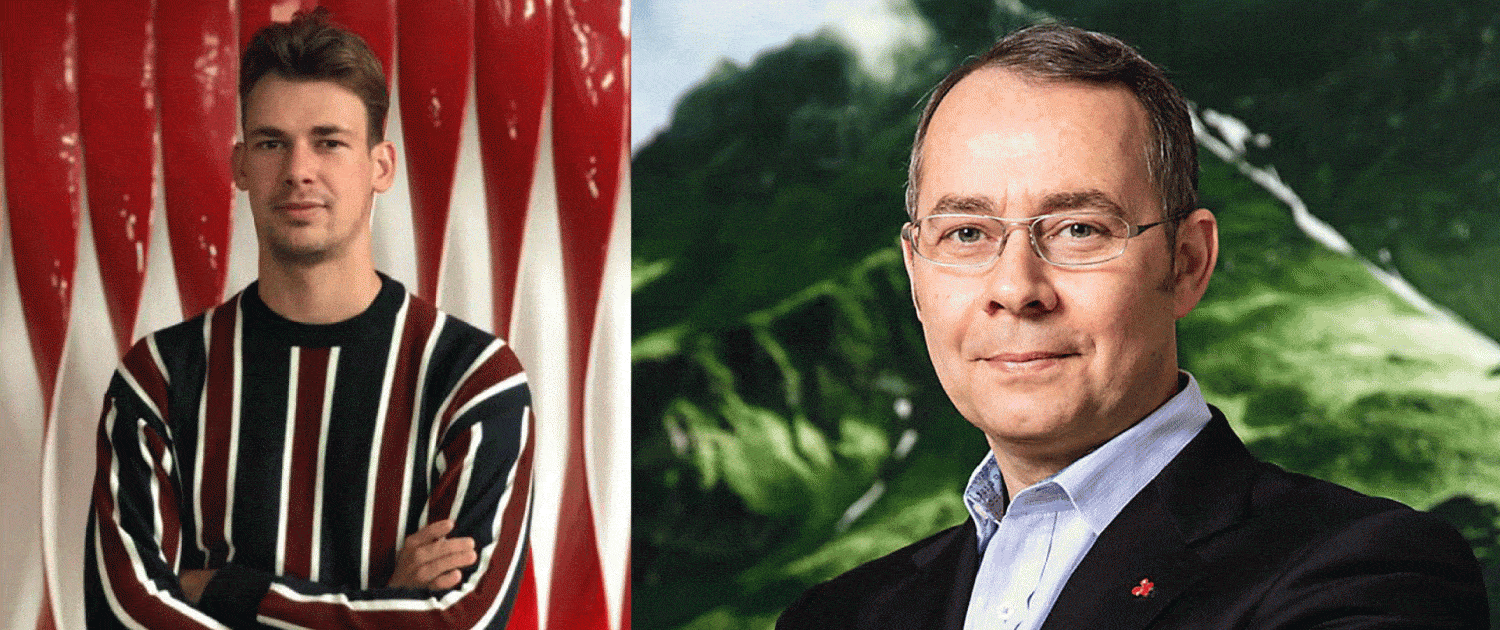 Swissnex China
Swissnex China Shutterstock
Shutterstock